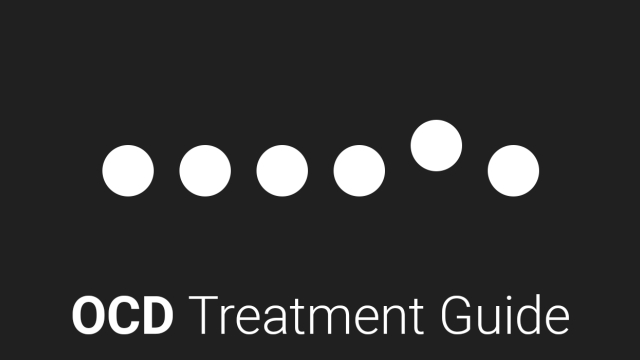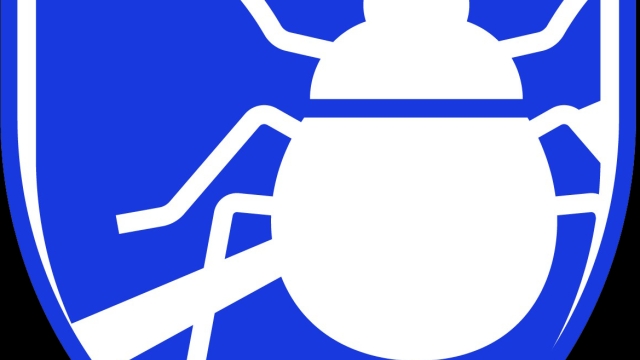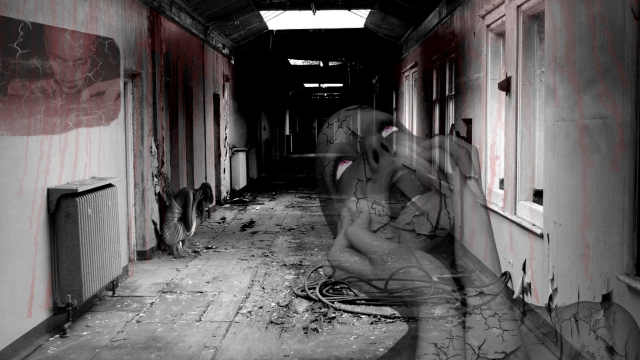Obsessive Compulsive Disorder, commonly referred to as OCD, is a mental health condition that affects millions of individuals worldwide. It is characterized by intrusive thoughts and repetitive behaviors that can significantly impact a person’s daily life and overall well-being. For teenagers struggling with OCD, the importance of finding effective treatment strategies cannot be overstated. Fortunately, there are options available, such as teen rehab programs, specifically designed to address OCD and support young individuals on their path to recovery.
When it comes to OCD treatment, it is essential to understand that each individual’s experience with the disorder is unique. Therefore, a personalized approach is crucial for achieving successful outcomes. Teen rehab programs offer a supportive environment where adolescents can receive the specialized care they need. These programs often combine evidence-based therapies, medication management, and holistic approaches to provide a comprehensive treatment plan tailored to the specific needs of teenagers dealing with OCD.
Rehab for teens can provide a structured and safe space for adolescents to explore the underlying causes of their OCD and develop healthy coping mechanisms. In addition to therapy sessions, rehab programs may incorporate group activities and experiential therapies, giving teenagers opportunities to connect with others facing similar challenges. This sense of community can play a vital role in their recovery journey, fostering empathy, understanding, and a sense of belonging.
Moreover, when addressing OCD in teenagers, it is important to consider any co-occurring disorders or addiction issues that may be present. Teen rehab programs that specialize in addiction recovery for teenagers provide comprehensive treatment options that simultaneously address both OCD and any substance abuse concerns. By targeting these underlying issues simultaneously, these programs can increase the chances of long-term recovery success and empower teenagers to regain control over their lives.
In the following sections, we will explore in-depth the range of effective treatment strategies available for OCD, as well as the unique benefits and considerations associated with teen rehab and addiction recovery programs. By shedding light on these topics, we aim to provide a roadmap for unlocking freedom from Obsessive Compulsive Disorder, ultimately empowering teenagers to lead fulfilling and productive lives.
Overview of OCD Treatment
Obsessive Compulsive Disorder (OCD) is a mental health condition that affects individuals of all ages, including teenagers. Finding an effective treatment strategy is crucial for unlocking freedom from the grips of OCD and helping teens on their path to recovery.
One of the primary treatment options for OCD is therapy, specifically cognitive-behavioral therapy (CBT). CBT focuses on helping teens identify and challenge their obsessive thoughts and compulsive behaviors. Through therapy sessions, teens learn strategies to manage their OCD symptoms, gain a better understanding of their triggers, and develop healthier coping mechanisms.
In addition to therapy, medication can also be prescribed as part of OCD treatment for some individuals. Selective serotonin reuptake inhibitors (SSRIs) are commonly used medications that can help regulate brain chemistry and reduce OCD symptoms. It is important, however, for teens to work closely with a healthcare professional to find the right medication and dosage that suits their specific needs.
Overall, treatment for OCD often involves a combination of therapy and medication. By providing a comprehensive approach to addressing the underlying causes and symptoms of OCD, teens can embark on a journey towards recovery and regain control over their lives.
Rehabilitation Programs for Teens
Rehabilitation programs designed specifically for teenagers struggling with obsessive-compulsive disorder (OCD) can play a crucial role in their journey towards recovery. These specialized programs offer a comprehensive approach to address the unique challenges that teens face in managing their OCD symptoms.
One key aspect of teen rehab programs is the emphasis on age-appropriate treatment strategies. Teenagers often require a different approach compared to adults when it comes to tackling OCD. These programs provide therapy techniques that are tailored to the developmental needs and psychological well-being of adolescents. By utilizing therapies such as cognitive-behavioral therapy (CBT) and exposure and response prevention (ERP), these programs help teenagers gain valuable tools to manage their OCD effectively.
Additionally, rehab for teens with OCD often includes a multidisciplinary team of professionals. This team typically consists of therapists, psychiatrists, and other trained staff who work together to create a supportive and nurturing environment for the teens. By working collaboratively, these professionals provide individualized treatment plans and offer ongoing guidance and support to help teens navigate their recovery journey successfully.
Furthermore, addiction recovery is a significant component of rehabilitation programs for teenagers with OCD. It is not uncommon for individuals with OCD to develop co-occurring substance abuse issues or addictive behaviors as a way to cope with their symptoms. These programs address these dual diagnoses, providing integrated treatments that address both OCD and any underlying substance abuse problems.
In conclusion, rehabilitation programs tailored towards teenagers with OCD offer specialized treatment strategies that cater to their unique needs. Through age-appropriate therapies, multidisciplinary support, and a focus on addressing co-occurring addiction issues, these programs guide teens towards unlocking freedom from their obsessive-compulsive disorder and finding a path towards lasting recovery.
Addiction Recovery for Teenagers
Teenagers struggling with obsessive-compulsive disorder (OCD) often require specialized treatment and support to overcome their addiction. Rehab centers specifically designed for teens can provide a safe and nurturing environment for these individuals to embark on their journey to recovery.
These rehab centers offer a comprehensive approach to treatment, addressing both the physical and emotional aspects of addiction. Through evidence-based therapies, such as cognitive-behavioral therapy (CBT) and exposure and response prevention (ERP), teens are equipped with the necessary tools to manage their OCD symptoms and develop healthier coping mechanisms.

In addition to therapy, addiction recovery for teenagers also involves peer support and education. Interacting with peers who share similar experiences can help reduce feelings of isolation and foster a sense of belonging. Furthermore, educational programs about addiction and recovery provide valuable knowledge and resources for teens to navigate their journey towards a life free from OCD.
Rehabilitation centers for teenagers with OCD not only focus on immediate recovery but also emphasize long-term maintenance of sobriety and overall well-being. After completing a rehab program, teens are often provided with aftercare services, including ongoing therapy and support groups. These continued resources ensure that adolescents have the necessary support system in place to prevent relapse and sustain their recovery efforts.
In conclusion, addiction recovery for teenagers with OCD requires a specialized and holistic approach. Rehab centers tailored to the needs of adolescents offer a comprehensive range of treatments, peer support, and educational programs that empower teens to overcome their OCD-driven addiction and embrace a freer, healthier future.




